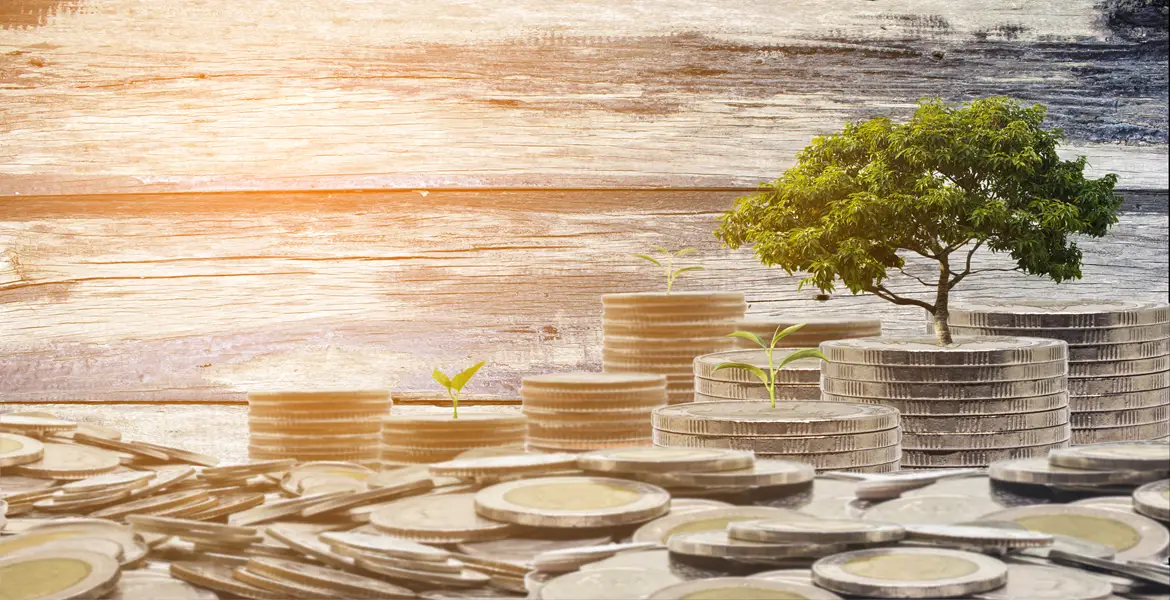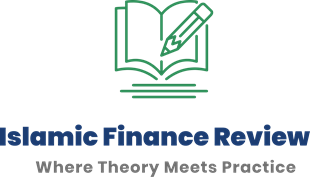
Climate Crisis & Islamic Finance: Why Inaction Violates the Maqasid and the SDGs
- Post by: wp-islamicfinancereviewcouk
- August 18, 2025
- No Comment
🌿 “وَلَا تُفْسِدُوا فِي الْأَرْضِ بَعْدَ إِصْلَاحِهَا”
“And do not cause corruption upon the earth after its reformation.”
— Surah Al-A’raf (7:56)
🔥 Introduction: The Economic Wake-Up Call of Climate Change
Climate change is no longer a distant threat — it is a financial, moral, and ecological emergency. According to the United Nations, the world needs over $4.3 trillion annually in climate financing to meet SDG 13 (Climate Action) and related goals like SDG 7 (Clean Energy) and SDG 6 (Clean Water). Yet the current funding gap remains severe, especially in the developing Muslim world.
Islamic finance, grounded in ethics, justice, and sustainability, must now take a leadership role — not just for financial returns, but for faithful stewardship of the planet.
🕌 Qur’an and Sunnah: Environmental Responsibility Is an Islamic Obligation
Islam does not treat the Earth as a disposable asset — rather, it is a trust (أمانة) from Allah ﷻ.
“هُوَ ٱلَّذِى جَعَلَكُمْ خَلَـٰٓئِفَ ٱلْأَرْضِ…”
“It is He who has made you successors upon the earth…”
— Surah Fatir (35:39)
The Prophet Muhammad ﷺ said:
“إِنَّ ٱللهَ جَمِيلٌ يُحِبُّ ٱلْجَمَالَ، نَظِيفٌ يُحِبُّ ٱلنَّظَافَةَ”
“Allah is Beautiful and loves beauty; He is Clean and loves cleanliness.” (Sahih Muslim)
From conserving water to planting trees, the Sunnah promotes minimal harm, maximum benefit, and ecological balance (mīzān) — principles that align directly with UN SDGs and sustainable finance models.
💰 Injustice in the Climate Economy
Failure to act on climate change is not just economically irresponsible — it is an act of zulm (oppression). Those most affected by climate disasters (floods, droughts, food insecurity) are often the least responsible for emissions — especially in South Asia, Africa, and parts of the Middle East.
From an Islamic perspective, this violates:
-
Adl (Justice): Equity in resource use and risk exposure
-
Maslahah (Public Benefit): Prioritising long-term community welfare
-
No harm (La darar wa la dirar): Financial systems must not harm future generations
🌱 What Is Islamic Finance Doing Now?
Islamic finance has started to respond, but change is slow and inconsistent.
✅ Green Sukuk
-
Malaysia, Indonesia, UAE, and Saudi Arabia have issued green sukuk to fund clean energy, rail, and waste projects.
-
These instruments comply with both Shariah and ESG principles — a unique value proposition.
✅ Faith-Based Philanthropy
-
Waqf is being revived to support environmental causes, like reforestation and water access.
-
Zakat is being directed to climate-vulnerable communities and disaster resilience.
✅ ESG Screening in Shariah Portfolios
-
Some Islamic asset managers are integrating ESG filters into equity investments — avoiding polluters, unethical labor, and unsustainable practices.
Yet these efforts must scale up, standardize, and align explicitly with SDGs to have meaningful global impact.
🧭 What Islamic Finance Must Do Now: A 5-Point Agenda
Here’s how Islamic finance can lead the climate agenda:
1. Integrate SDGs into Shariah Governance
-
Encourage scholars and Shariah boards to include SDG metrics in their evaluation processes.
2. Scale Green and Sustainability-Linked Sukuk
-
Create sukuk tied to SDG targets — e.g., carbon neutrality, biodiversity, clean transport.
3. Islamic Impact Investing
-
Build Shariah-compliant impact funds that generate both financial returns and measurable social/environmental outcomes.
4. Climate Risk Disclosures in Islamic Banks
-
Require financial institutions to report carbon exposure, water risks, and biodiversity impact.
5. Education & Collaboration
-
Integrate climate finance modules in Islamic banking curricula.
-
Collaborate with multilateral climate funds, like the Green Climate Fund (GCF) and Islamic Development Bank (IsDB).
📘 Qur’anic Perspective: Why This Is Urgent
“وَلَا تُبَذِّرْ تَبْذِيرًا * إِنَّ ٱلْمُبَذِّرِينَ كَانُوٓا۟ إِخْوَٰنَ ٱلشَّيَـٰطِينِ ۖ…”
“And do not spend wastefully. Indeed, the wasteful are brothers of the devils.”
— Surah Al-Isra (17:26-27)
Islam strongly condemns waste, excess, and short-sightedness. Climate inaction violates both environmental trust (amanah) and moral accountability (hisab).
🕊️ Conclusion: Time to Align Maqasid, Markets, and the Planet
Climate finance is not an optional CSR activity — it is a Fard Kifayah of our time. It aligns with all five Maqasid al-Shariah: life, intellect, wealth, lineage, and faith. It fulfills the Qur’anic command to avoid corruption and maintain balance.
Islamic finance was built to serve humanity — now is the time to live up to that purpose, with the SDGs as a practical roadmap and the Qur’an as our moral compass.
🔗 Discover more at 👉 www.islamicfinancereview.co.uk
#IslamicFinance #ClimateAction #GreenSukuk #SDG13 #FaithBasedFinance #MaqasidAlShariah #ESG #HalalInvesting #Waqf #Zakat4Climate #IFRVoice #SustainableDevelopment
